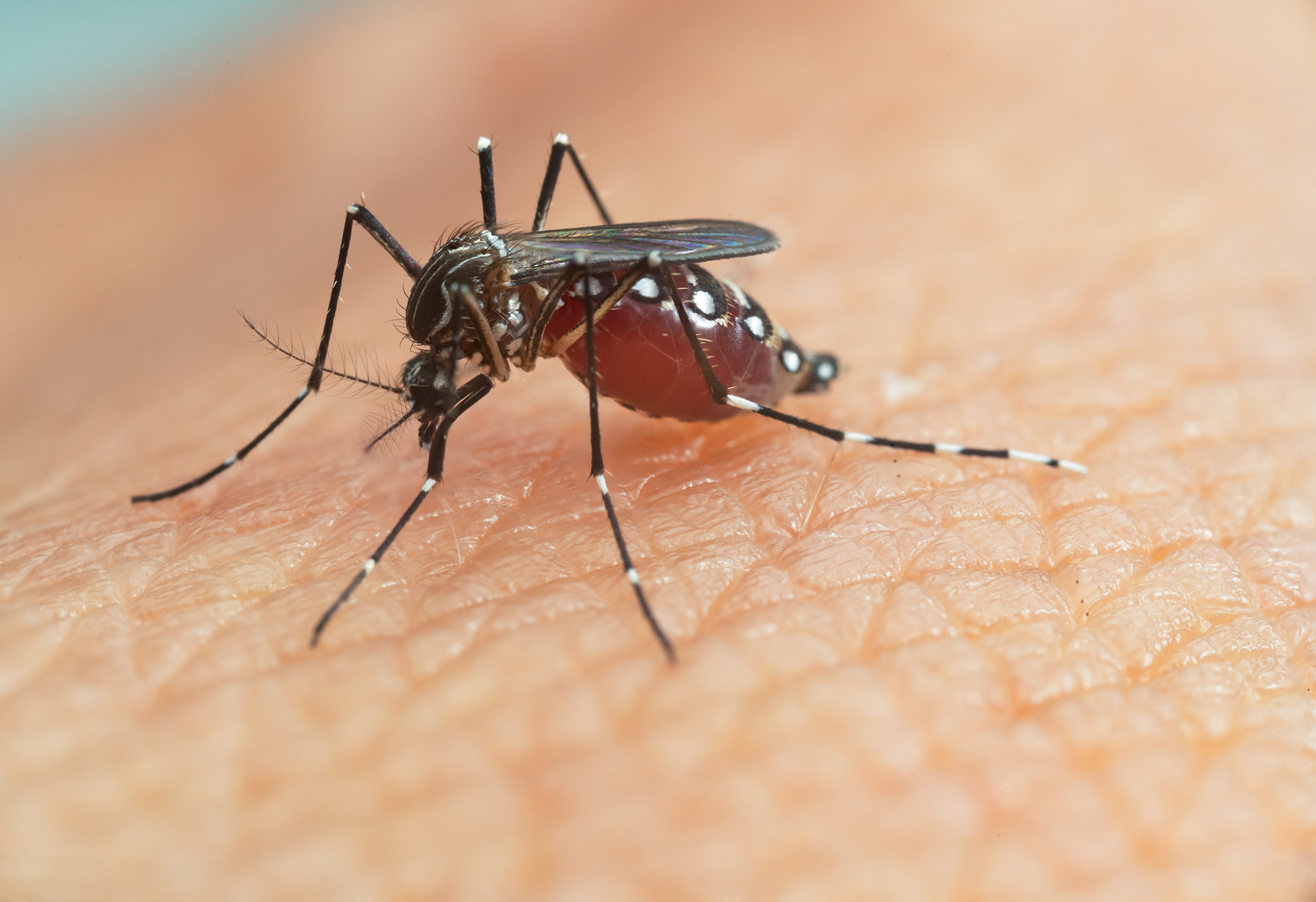Dengue fever season is upon us, where the rate of cases typically heightens over the warmer months from June to October. As of early June 2021, there are 22 active dengue clusters, with the biggest being at Cashew Terrace/Hazel Park Terrace. Add this to the increased number of people working from home, which means greater chances of meals for the Aedes mosquitoes. Despite the government taking active measures towards the prevention of dengue, you may still be infected with dengue. In this article, we explore more about this infectious disease to gain a deeper understanding of it. What is Dengue? Dengue fever happens when a person is bitten by an infected Aedes mosquito and becomes infected with the virus. An Aedes mosquito can be identified by its characteristic black and white stripes on its body. There are currently 4 types of dengue serotypes occurring worldwide, DENV1 – 4. This means that it is possible to be infected 4 times, so it doesn’t mean that being infected once is the end of it. By itself, it is not contagious, which means that people cannot spread it to each other. This disease is typically found in tropical and sub-tropical climates all over the world, mainly in urban and semi-urban areas. Subsequent infections by other serotypes raise the risk of developing severe dengue. This is a potentially life-threatening complication, which is also the main cause of serious illness and mortality in certain Asian and Latin American countries. Symptoms of Dengue Unfortunately, there is no specialised treatment for dengue or dengue haemorrhagic fever. Treatment only supports recovery. When it turns severe, hospitalisation and aggressive treatment using fluid/electrolyte replacement or blood transfusions may be required. While not everyone infected will display the same level of severity in symptoms, there are a few telltale signs of dengue infection. Symptoms usually appear within 4 days to a week after being bitten by an infected mosquito. Some symptoms include: Sudden fever that lasts between two and 7 days Acute headache with pain behind the eyes Muscle and joint pain Rashes appearing on the skin Easy skin bruising Nausea and vomiting As for severe dengue, it can cause internal bleeding, shock and death. Infants and pregnant women are at a higher risk of having severe dengue, so it is important to avoid being infected. Here are some signs to look out for this serious form of dengue: Continuous vomiting Bleeding from the gums or nose, or blood in the stool Blood in vomit Severe abdominal pain Fatigue and restlessness Quick breathing If you suspect that you have dengue fever, either get a doctor near Singapore to help, a house doctor or head down to the Emergency Room immediately. Steps to Prevent Dengue Infection There are some steps you can take in your home to help prevent being infected. The first thing to do is tackle the root of the problem by ensuring that these deadly mosquitoes do not breed. Aedes mosquitoes like to breed in clean, stagnant water that can be easily found in residential homes. Inspect for any stagnant water in your house, and remember to always cover or turn over pots and pails to prevent water from collecting. Use insect repellent, window screens, coils, vaporisers and other types of personal prevention measures.

Inscription à Binance US
I don’t think the title of your article matches the content lol. Just kidding, mainly because I had some doubts after reading the article.